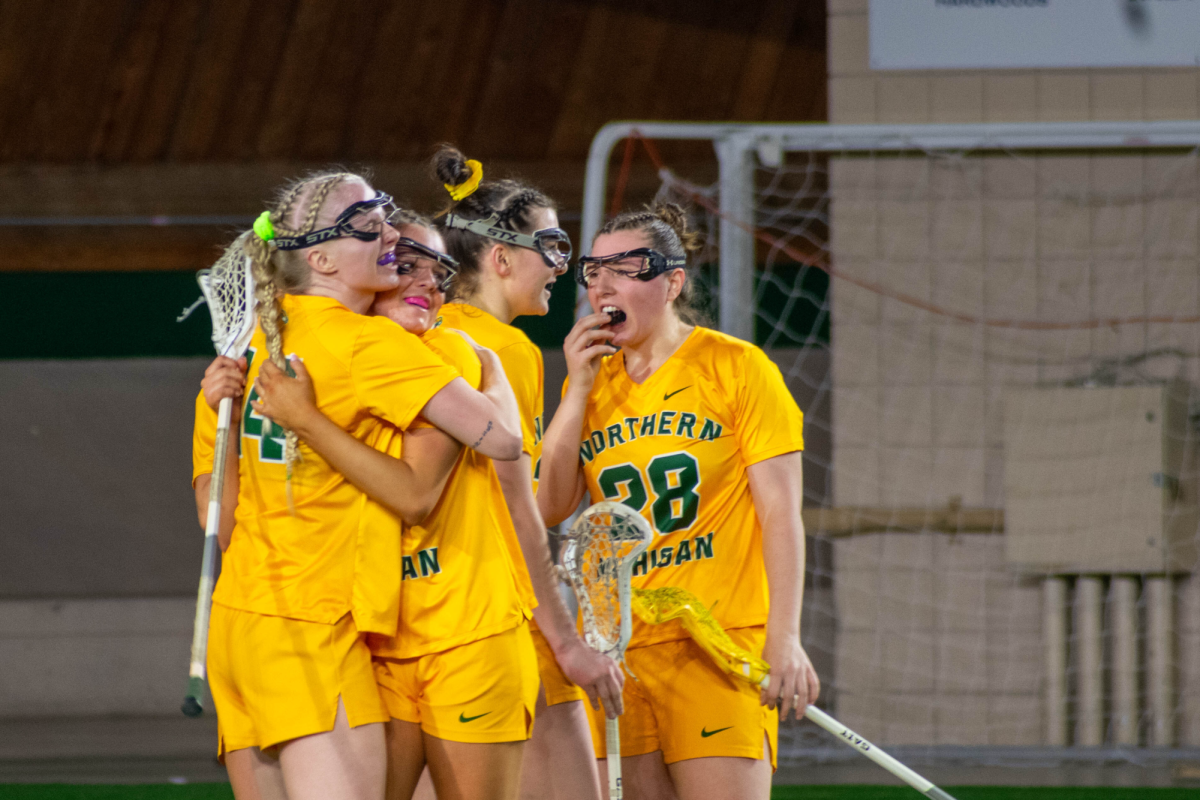The first week back from spring break feels like jumping into Lake Superior at the beginning of May. It is like scrambling out of a hot tub to make snow angels on a frigid winter night, or stepping off the plane on to Sawyer’s tarmac in a -10°F wind chill after spending a week in the Caribbean. Yes, it’s the great awakening, an annual shock to remind you that the semester is winding down fast, and though you may feel like you just unpacked your things after Christmas, it’s time to kick it into gear. Because face it: you’re going to sink or swim at this point.
But beyond a grim reminder to procrastinators, spring break serves another purpose. It provides the opportunity for people to escape for a moment, however brief, from their normal lives to seek adventure or relaxation. Obviously, spring break fulfills this explicit purpose, but implicitly, the idea of escaping from one’s regular surroundings reminds me of an outstanding documentary series by Ken Burns I watched over the break, titled “The National Parks: America’s Best Idea.” Perhaps some of you were fortunate enough to visit a few of the beautiful places highlighted in the series during the break—refuges from our daily struggles, vantage points for our spiritual journeys, the rallying places for Transcendentalists and the historically growing number of middle-class families alike.
There is a famous inscription on the Roosevelt Arch at Yellowstone’s north entrance by the intrepid outdoorsman and turn-of-the-century politician, President Theodore Roosevelt, which summarizes the role of the national park system: “For the benefit and enjoyment of the American people.” Yet, there is a paradox in this statement, an eventual conflict of interests.
It is the national parks’ mission to protect the wilderness and its inhabitants, but simultaneously make the parks accessible for every American to visit and enjoy. That meant paving the aisles between stone pews to the altars of our great natural cathedrals, like Yosemite, Glacier, the Grand Canyon—and even closer to home, Pictured Rocks National Lakeshore. For John Muir, who viewed nature as sacred and thought the parks are best preserved in their wild state, the evolution of national parks toward increasing convenience and human manipulation would undoubtedly inspire his ambivalence. Nonetheless, as long as the delicate balance between preservation and accessibility is tilted in nature’s favor, the parks will continue to symbolize John Muir’s dream of saving pristine natural areas in order to resist society’s growing temptation to develop every last bit of the vast American wilderness.
Perhaps the greatest preacher to give a sermon at the altar of a national park was Martin Luther King Jr., whose “I Have a Dream” speech at the base of the Lincoln Memorial before a crowd of over two hundred thousand people inspired millions. The parks are sacred places for great leaders to gather strength before a battle, for visionary men and women who stand for something revolutionary to envision their next step on a path to changing the world.
The national parks represent our origins, where we all find our common ancestry, our nation’s grand and disconnected Garden of Eden. And everything in these beautiful places, the mountains, the streams, the wildlife, is preserved as John Muir would say, as if it was “on the morning of creation.”
The parks are one of our greatest national exports, and countries from all over the world have emulated our park system in a quest to guard their proto-landscape for future generations. It is the ultimate investment, an act not born of rational self-interest, but for the common good. Let’s guard them like sacred treasures, and continue to set them aside without thinking twice about the opportunity cost. If not ever to visit them, let us build them just to know that they are there.
It is a right all of us Americans share, our fundamental democracy. The preservation of natural spaces embodies the principles of our grand republic. We cast our vote as a nation, at the expense of a few individuals, in the interest of our children, and their children, and so on forever. And here, on the shores of Lake Superior, we don’t have to travel immense distances to rejoice in the beauty of nature. It is all around us and, as John Muir once said of Alaska, the Upper Peninsula “is nature’s reservation and every nature lover will rejoice with me that by kindly frost it is so well defended.”























